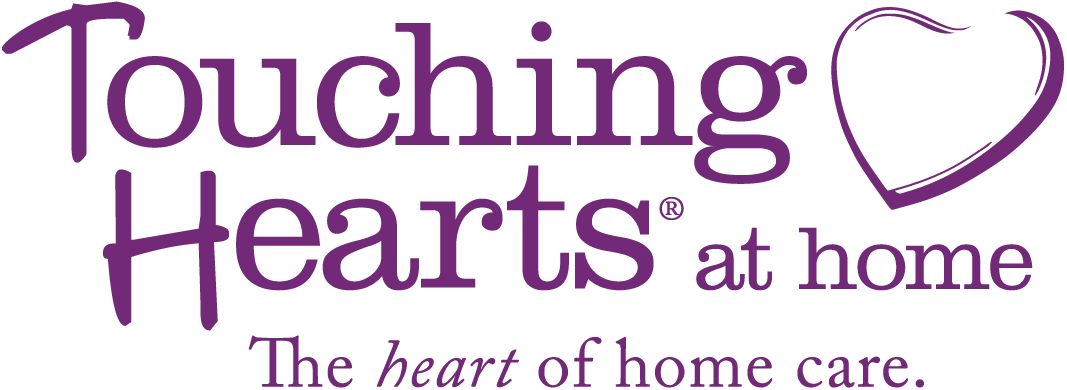As one of the most essential yet strained segments of healthcare, the direct care workforce is not […]
Home care administrators are in the unique position of needing to hold both a micro and a macro perspective to succeed in a challenging role. Administrators must successfully balance supporting direct care workers with processes and care concerns, while also considering the health of the organization itself.
This list of strategies is designed to help home care administrators become more effective at their jobs on the multiple levels they must function in organizations. Check out the list below to find tips to start deepening your skillset as a home care administrator.
1. Consider the culture you foster
Your staff and your clients come from many different cultures–and you grow a unique culture within your agency, whether you plan for it or not. That’s why it’s important to lead by example by practicing cultural competency, both for your staff to thrive and for your clients to receive the best quality of care.
Start by identifying your organization’s core values, and collaborating with your caregivers to imagine how they can best be reflected in processes across the organization.
2. Seek out support
Culture isn’t just about how your staff relates to each other and their work. Mentorship and reciprocal learning are critical pieces of developing yourself as a home care administrator. Home care leader Jessica Nobles of Home Care Ops argues that mentorship and mutual support are of the utmost importance for home care administrators who want to improve their staff and agency’s performance and improve the bottom line.
Consider joining a Facebook group for home care administrators and operators or seeking out in-person connections through local networking to get new ideas and support.
3. Keep learning
Leaders are never done learning. You can do this by accessing formal training to up your game as a home care administrator. In fact, the most effective home care administrators are consistently sharpening their skills and knowledge around client care-specific topics as well as agency and workplace management.
To maximize what you are able to take away from training, seek out programs and courses that are designed to fit into your demanding schedule as an administrator.
4. Practice humanistic management strategies
In an industry experiencing a labor shortage, the experience your caregivers have at your agency can be a powerful differentiating factor impacting your recruitment and retention rates (and your bottom line). Humanistic management strategies can help home care administrators center the needs of their caregivers. This approach to leadership challenges corporate leaders to “work for the benefit of all their stakeholders and the wider social good, and to maximise the human development of their employees,” according to leadership and management expert Dr. Benito Teehankee.
Research on humanistic management has demonstrated the value of honoring and centering your employees’ feelings, needs, and quality of life.
Begin to implement these ideas by considering how agency processes impact your staff:
- Do scheduling glitches take caregivers away from caring for their own families?
- Do they feel listened to when issues arise?
- Do their contributions to your agency's successes go unrecognized?
- Do your staff members earn a liveable wage?
Learn more about how to employ humanistic management strategies here.
5. Solicit feedback from your team
Your caregivers are the most valuable asset of your home care agency. Not only do caregivers deliver the critical services home care agencies exist to provide, caregivers are a wealth of information about the health and likely future of your organization.
Building intentional systems in your home care agency to regularly solicit, document and follow up on feedback given by your caregivers offers multiple benefits for administrators. Feedback from caregivers not only improves retention rates, but can also help surface inefficiencies in your processes and highlight opportunities to better serve clients.
Final thoughts
Home care agency administrators have full plates, and serve a critical role in getting clients the care they need while also supporting caregivers. Using these tips, home care administrators can more effectively care for themselves, their staff, and their organizations to deliver high-quality care to clients.
To get the support and training you need to improve your administration skills, check out our National Association of Long Term Care Administrator Boards (NAB)-approved online training courses.






